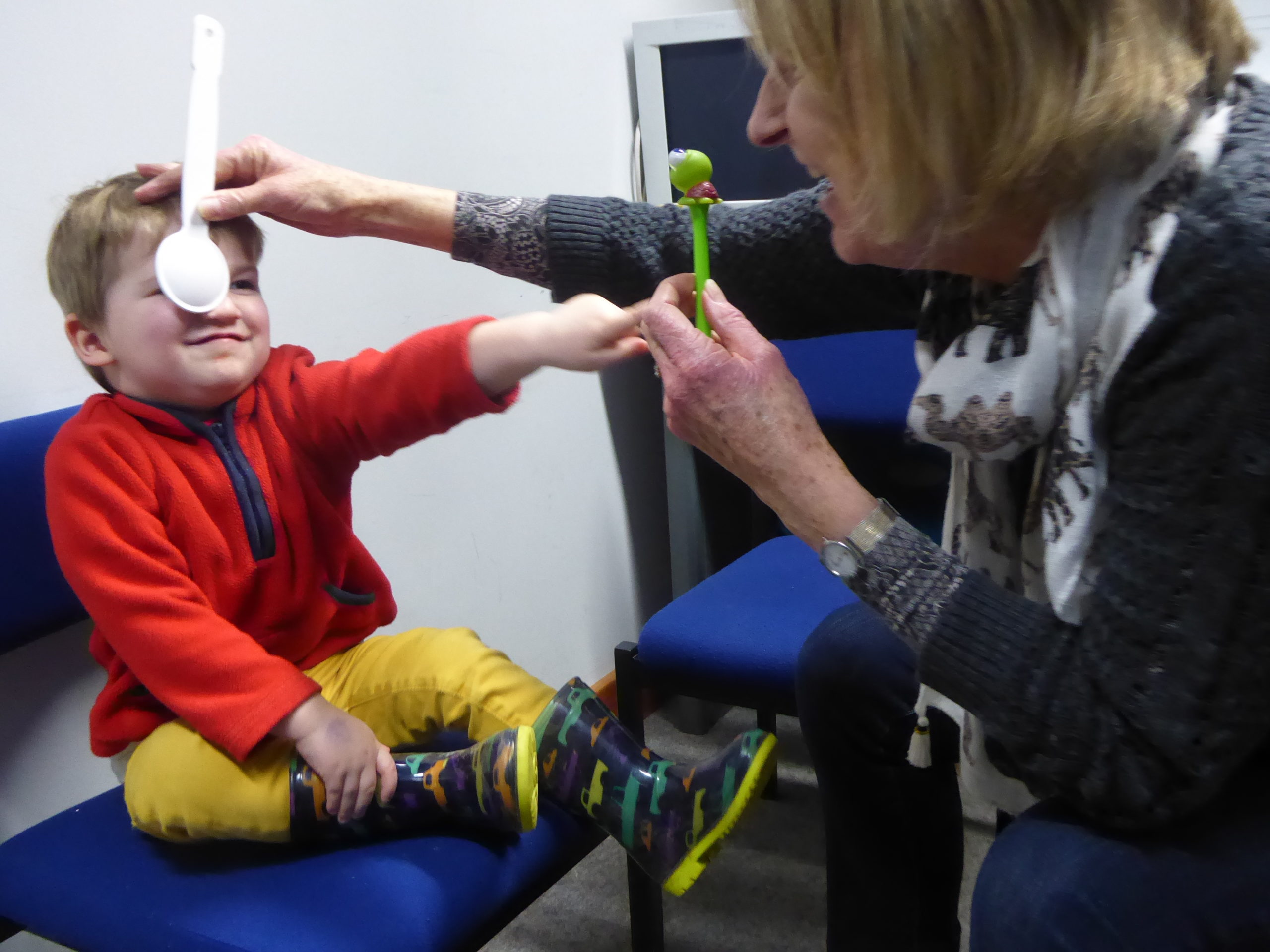Research which explains why people with eye coordination problems respond differently to treatments has re-written the textbooks, changing international clinical practice.
During their lifetimes, one in ten people will seek treatment for a problem with poor eye coordination, such as squint, lazy eye, or double vision. But different people respond to similar treatments in varying ways – for example, a pair of glasses may help one child with a squint but not another – and this has long left practitioners scratching their heads.
Research led by Professors Anna Horwood and Patricia Riddell has provided the first clinical evidence that this mystery is explained by people’s differing responses to visual ‘cues’ to how close something is, such as how blurry it is going or how much the eyes have to point inwards to stop the image going double, as well as psychological factors like attention and effort.
Their research also discovered that people with particular eye disorders use this convergence (directing the eye inwards) and accommodation (focusing to overcome blur) differently and this natural variation needs to be considered when planning a person’s treatment.
The Reading team’s evidence and ideas have overturned established theories about eye muscle control, helping practitioners to better predict how patients will respond to different treatments and to target treatments to those in which they will work the best.
Children across the world with strabismus (squint) have benefited from changes to international clinical guidelines, including those of the American Academy of Ophthalmology and the UK Royal College of Ophthalmology, as a direct result of Horwood and Riddell’s research. What is more, the duo’s findings have influenced how leading ophthalmologists worldwide treat their patients. They are quoted in textbooks; have changed how research studies are designed; and their findings are now taught to all undergraduate orthoptists and optometrists around the world.
Find out more
View the full impact case study on the REF 2021 website: A paradigm shift in understanding eye-focusing problems that informs cross-discipline professional education and practice

